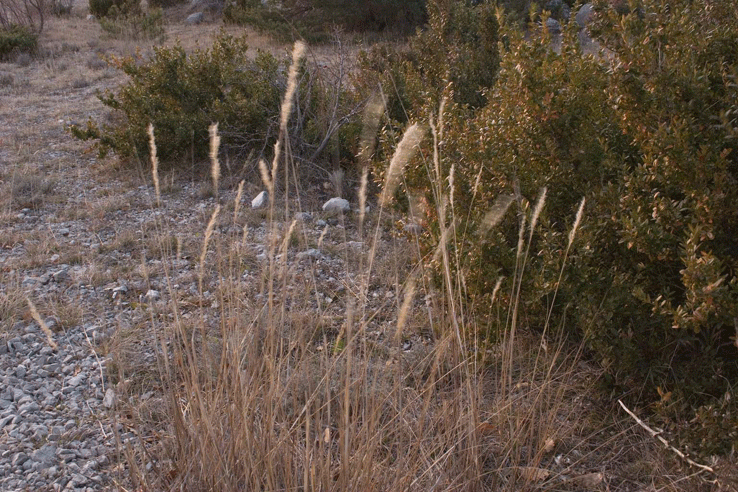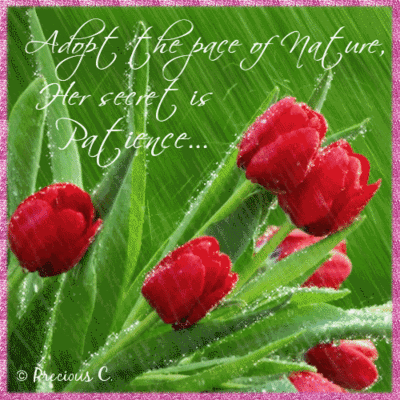A Huge Lump of Gold (Moderation)
Once upon a time there was a rich village. The wealthiest of the villagers decided to hide a huge lump of gold to protect it from bandits and robbers. So he buried it in a nearby rice field.
Many years later, the village was no longer rich, and the rice field was abandoned and unused. A poor farmer decided to plow the field. After some time plowing, it just so happened that his plow struck the long forgotten buried treasure.
At first he thought it must be a very hard tree root. But when he uncovered it, he saw that it was beautiful shining gold. Since it was daytime he was afraid to try and take it with him. So he covered it up again and waited for nightfall.
The poor farmer returned in the middle of the night. Again he uncovered the golden treasure. He tried to lift it, but it was far too heavy. He tied ropes around it and tried to drag it. But it was so huge he couldn’t budge it an inch. He became frustrated, thinking he was lucky to find a treasure, and unlucky to not be able to take it with him. He even tried kicking the huge lump of gold. But again it wouldn’t budge an inch!
Then he sat down and began to consider the situation. He decided the only thing to do was to break the lump of gold into four smaller lumps. Then he could carry home one piece at a time.
He thought, “One lump I will use for ordinary day-to-day living. The second lump I will save for a rainy day. The third lump I will invest in my farming business. And I will gain merit with the fourth lump by giving it to the poor and needy and for other good works.”
With a calm mind he divided the huge lump of gold into these four smaller lumps. Then it was easy to carry them home on four separate trips.
Afterwards he lived happily.
The moral is: “Don’t bite off more than you can chew.”

















